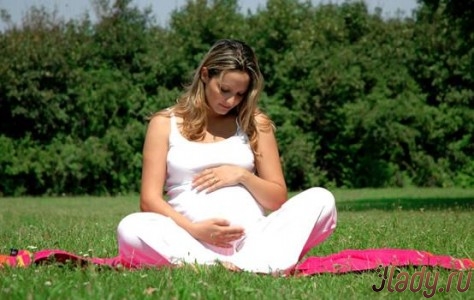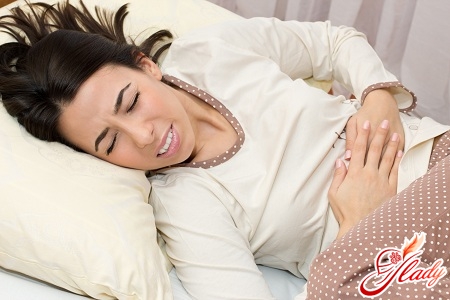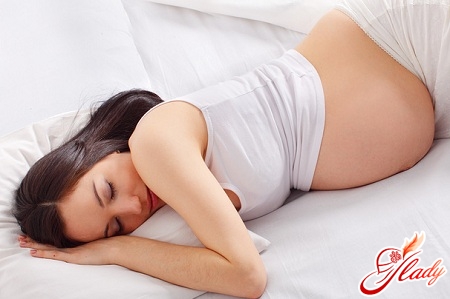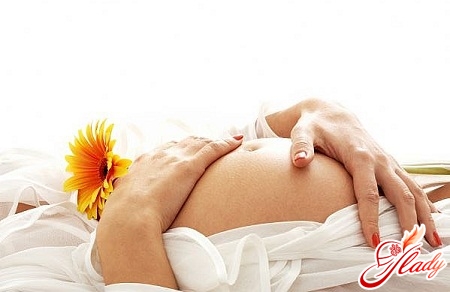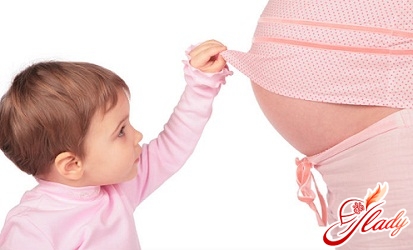
One of the most responsible and joyfulmoments in the life of any woman is pregnancy. During this period, the body goes into a new direction, undergoing significant changes, both physiologically and hormonally. All efforts are directed at creating optimal conditions for the development of the fetus. At the same time, some not entirely pleasant "side effects" may be observed: hair loss, brittle and fragile nails, deterioration of the skin. The most difficult thing in this case is that you cannot use conventional methods of treatment and hair care, so as not to harm the baby and the mother's body. In any case, you should not ignore such a change. After all, hair loss can be a consequence of some hidden diseases and pathologies. Normally, everything should be the opposite, during pregnancy, the placenta works much more actively, which leads to an increase in female hormones. This occurs at 12-16 weeks, while an improvement in the condition of the hair is observed, they fall out less. That is why any deviation from the norm should not go unnoticed, and it is better to consult a gynecologist or therapist if changes occur.
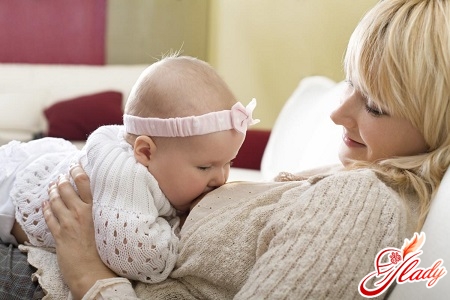
Causes of hair loss during pregnancy and in the postpartum period
Hair loss in pregnant women canindicate a previous infectious disease. This could be the flu or acute respiratory disease, an intestinal infection, or severe stress. There are also more severe causes of hair loss during pregnancy. This could be androgenic alopecia, which occurs due to changes in hormonal levels. To treat this disease, you should consult a trichologist who will conduct special examinations - a phototrichogram and trichoscopy. In this case, a woman should collect, if possible, all the hair that falls out, and keep track of its length and quantity.
Methods of treating hair in hair loss
- Folk remedies: masks, tinctures
To give your hair volume and shine you needconstantly strengthen them. Regular use of various masks will help prevent hair loss, maintain their strength and beauty. They can be bought ready-made, after consulting a doctor, or prepared at home. The most effective is considered to be the yolk mask: you need to thoroughly mix 2 yolks, rub into the hair and leave it for 25-30 minutes. Also popular is a mask made of rye bread, heated in milk whey. Folk methods of strengthening hair include rinsing with infusions of medicinal herbs, nettle, calamus. Decoctions of oak bark, burdock roots and onion peels are an excellent remedy. You can rub various oils into the scalp, for example, burdock or jojoba. There are many different recipes, you just need to find the right option.
- Balanced diet
Often, deterioration of hair condition is provoked byimproper nutrition of women. It is not recommended to eat too spicy, salty and smoked foods. It is necessary to increase the amount of food that contains vitamin B (legumes, yeast, beef), as well as calcium (found in all dairy products) and silicon (oatmeal, toasted bread). The diet should include more fresh fruits and vegetables. You can't stop taking vitamins, you just need to replace them with those intended for pregnant and nursing mothers. They will help restore the necessary nutrients in the body.
- Proper and gentle hair care
Hairdressers advise getting a haircut or at leasttrim the ends, which will significantly speed up hair growth. Wash your hair with warm water using nourishing shampoos that contain tonic components - ginseng, tea tree and rosemary oil, panthenol. Apply special strengthening balms to the roots. It is recommended to dry your hair naturally, without using hair dryers. Avoid direct sunlight outside, always wear a hat. It is better to comb your hair with a wooden comb. Walks in the fresh air are very useful, improving the health of the body and the condition of the hair. A normal daily routine and sleep will help to avoid overwork. Hair loss during pregnancy is an exception rather than a common occurrence. Many expectant mothers notice an improvement in the condition of their hair, its rapid growth and healthy appearance. Of course, it is impossible to predict how hormones will behave in a particular case, and even if your hair starts to fall out, you should not despair and become despondent, there are always many simple and effective ways to strengthen it. All you need is desire, patience and a little free time.




